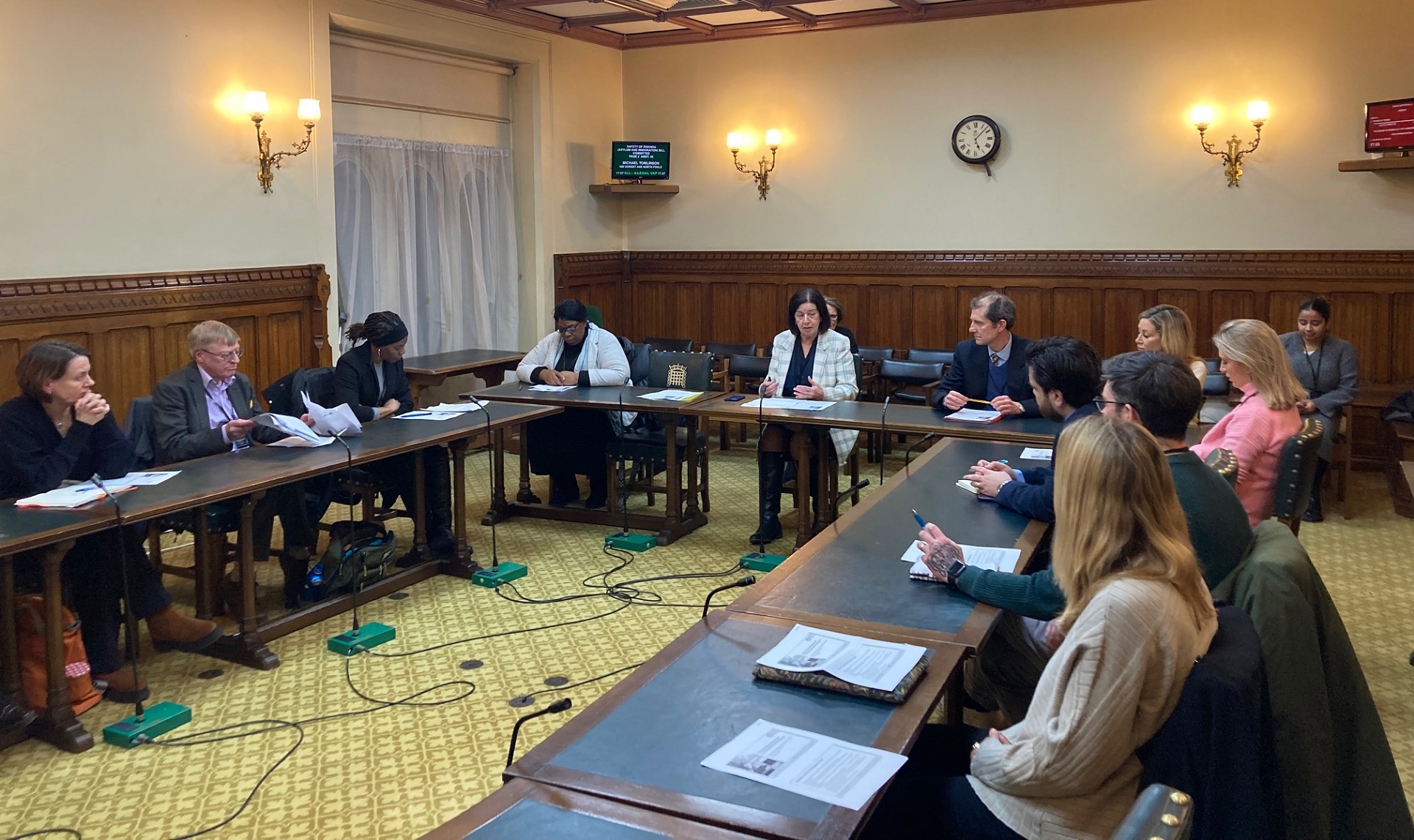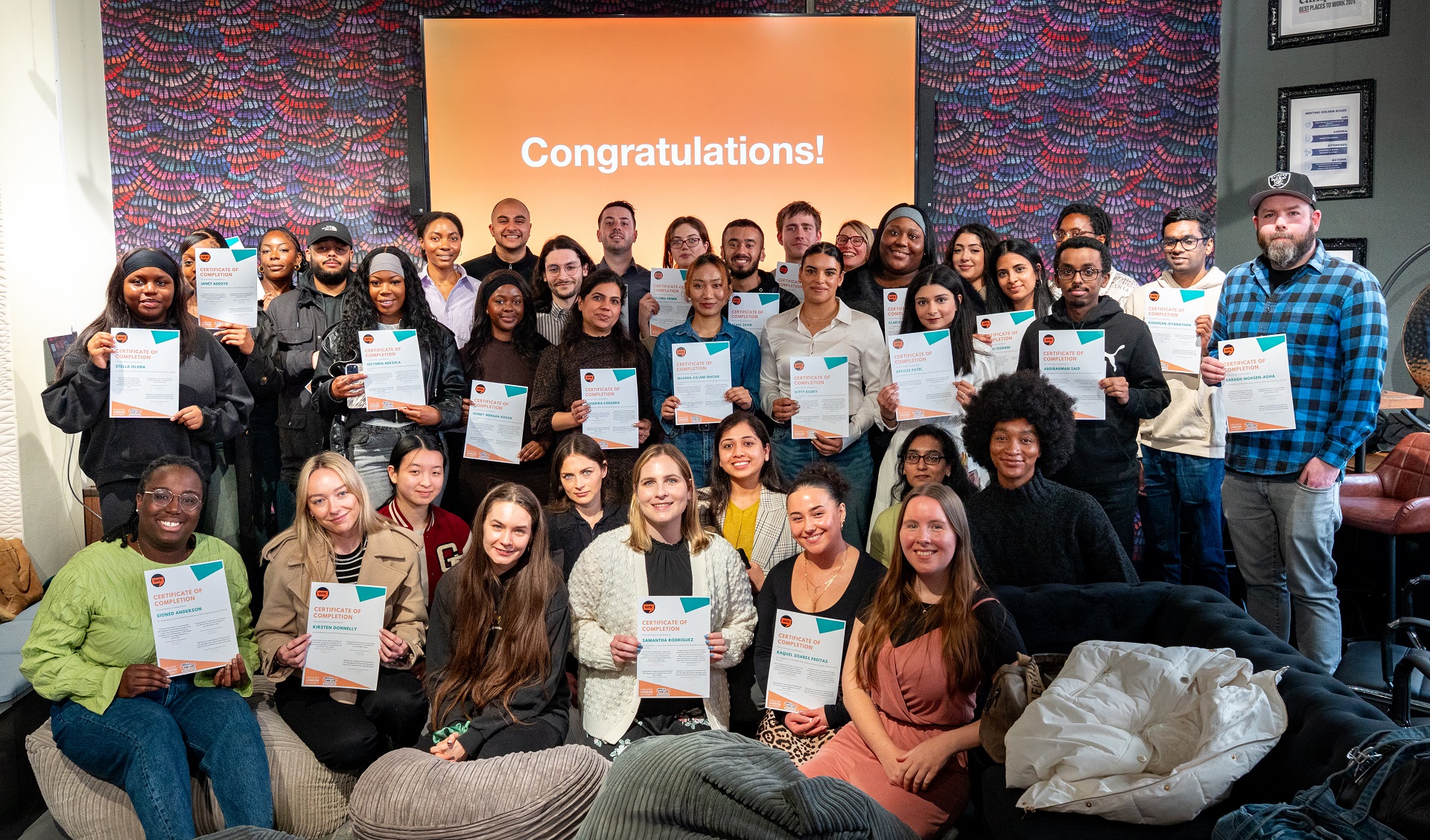News
How can social enterprises transform the UK food system?

At Social Enterprise UK we run the Secretariat for the All-Party Parliamentary Group (APPG) for Social Enterprise, encouraging politicians to explore the impact of social enterprises in addressing key national policy issues.
On 16 January the APPG hosted a discussion on social enterprise solutions to challenges in the UK food system, facilitated by Jo Gideon MP, highlighting Middlesex University research on how the sector can improve access to healthy and sustainable food.
The gathering of parliamentarians heard from Prof Fergus Lyon, Dr Anastasia Loukianov, Dr Ian Vickers and Dr Doirean Wilson about how existing approaches have been largely unsuccessful in addressing poor dietary health and unsustainable food production. Social enterprises grounded in local communities offer an alternative to top-down public health initiatives, which can come across as patronising and jar with lived experiences of food poverty. Social enterprises involved in the research also shared their experiences.
The Selby Trust spoke about their food hub, global garden and community café that provide fresh food to the local community and a garden space where people can grow their own food. Showing the harsh reality of the food crisis, in the last year they delivered food to over 12,000 people. The Ubele Initiative discussed their work on food sovereignty; they support Black and Minoritised communities through social prescribing work focused on growing food -making the link between healthy eating, community activity and mental health. The research also involves London Early Years Foundation’s nursery chef programme, as well as a local food hub and therapeutic growing work by Social adVentures.
From health and care to early years education, community hubs and transport providers – this research shows how diverse social enterprises are finding innovative, empowering ways to transform the food system. The project is ongoing but its resulting report will be published on our Social Enterprise Knowledge Centre later this year.
Wider discussion included conversations on the role of procurement and social value in supporting social enterprises working in this space, the need for better support from government for local food initiatives, and calls to make grants and other funding options more accessible.
Commenting on the roundtable discussion, Professor Fergus Lyon said: “It was an honour to be invited to present to MPs and there was lots of interest about the role that social enterprises can play in tackling the food issues. It was also a great opportunity to bring together a range of thinkers on food issues and discuss how social enterprises can be part of the solution”.


